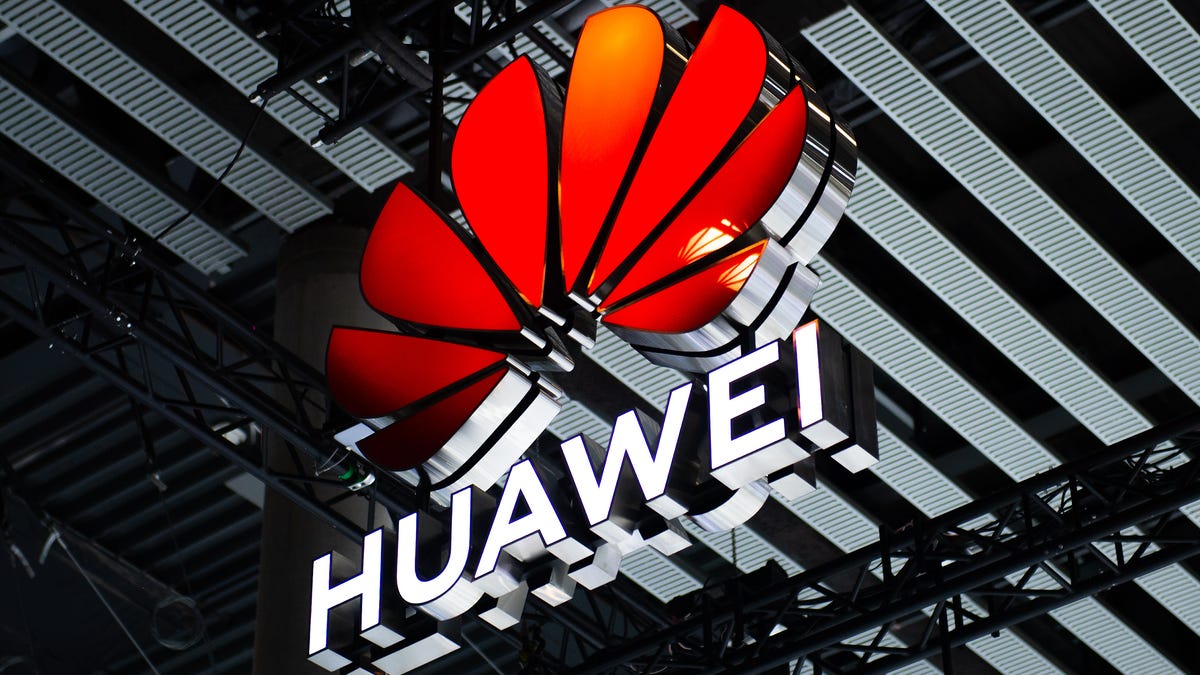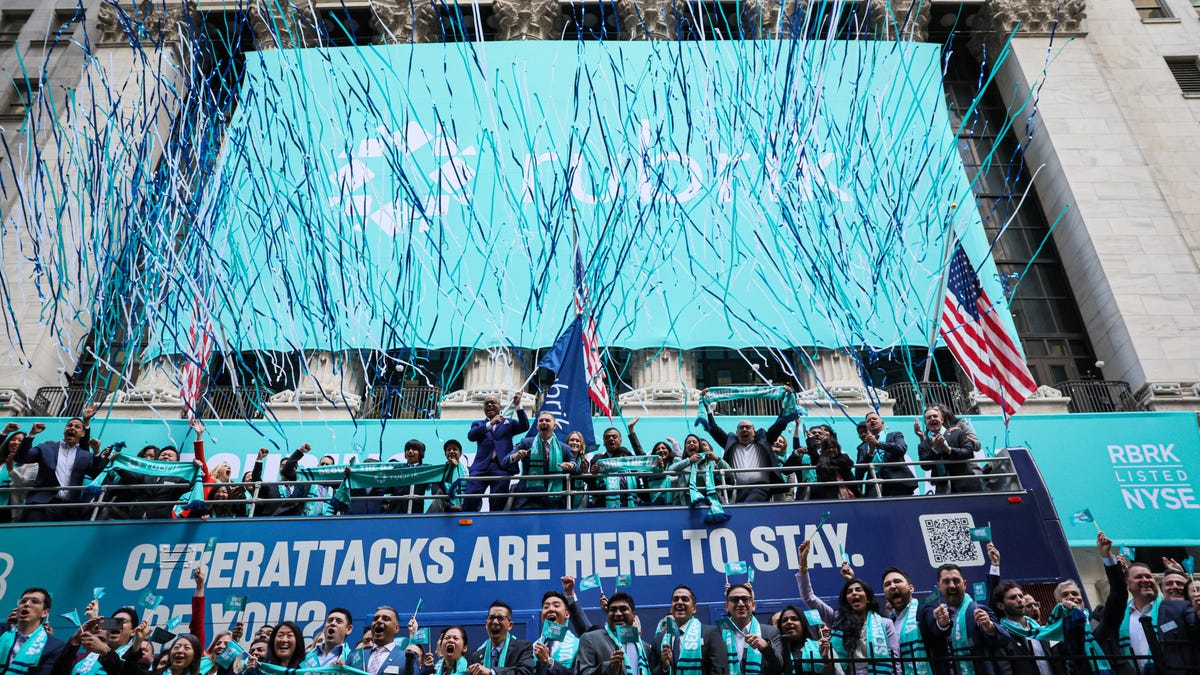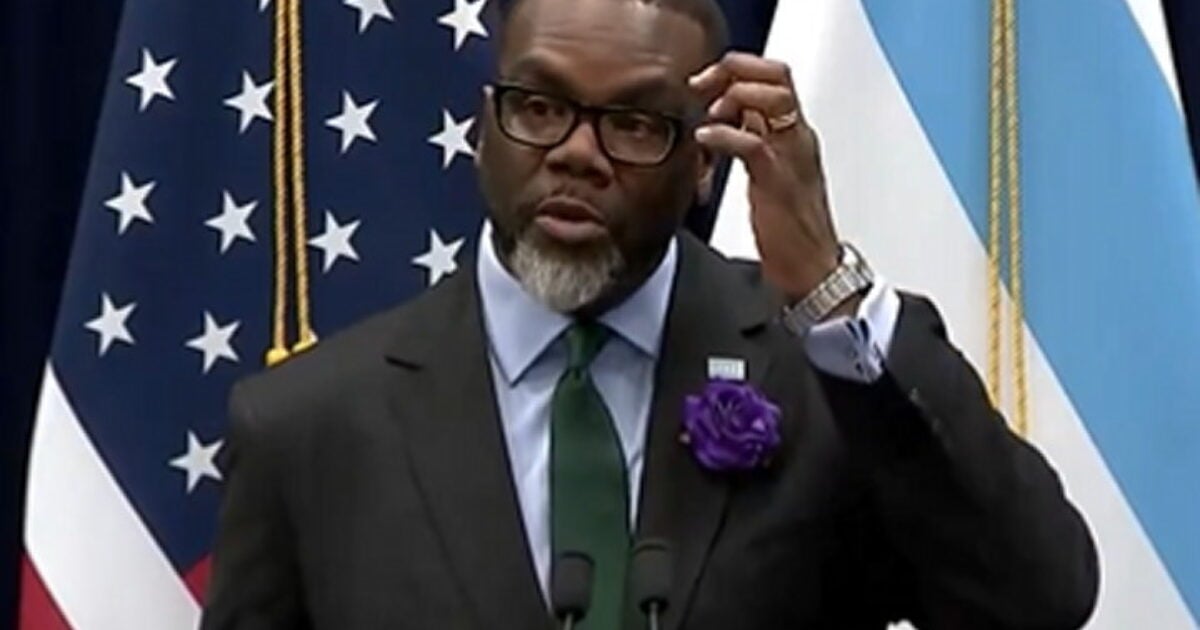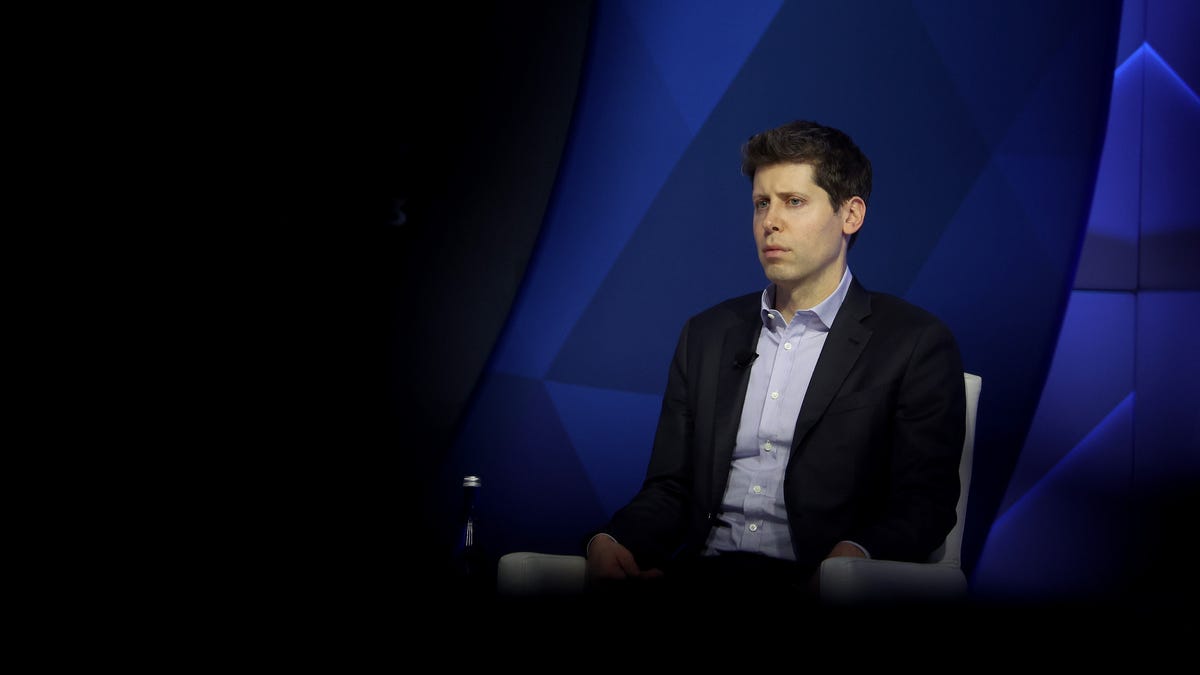Chinese Telecommunications Giant’s Secret Funding of a US-Based Research Competition
Despite being on the U.S. trade blacklist since 2019, Chinese telecommunications giant Huawei has been discovered as the sole funder of a research competition involving various U.S. universities. This revelation sheds light on a clandestine partnership that has far-reaching implications within the academic and technology sectors.
The Optica Foundation and Huawei’s Involvement
The research competition, initiated in 2022 and managed by the Optica Foundation, has granted substantial financial awards to researchers and scientists globally, including prestigious establishments like Harvard and the University of Southern California. Notably, these universities have explicit prohibitions against engaging with Huawei, adding a layer of complexity to this covert arrangement.
The Optica Foundation, a constituent of the nonprofit Optica society, meticulously shields Huawei’s role as the funding source for the competition. Confidentiality clauses within the agreement underscore the discreet nature of the partnership, raising questions about transparency and accountability.
Huawei’s Defense and Optica’s Response
Huawei promptly refuted allegations of secrecy surrounding its financial contributions to the Optica Foundation, emphasizing the open declaration of its involvement on the foundation’s website. The company asserts its commitment to supporting the Optica Foundation’s commendable initiatives, aligning with various global technology firms in this endeavor.
Optica’s CEO, Elizabeth Rogan, acknowledges the critical scrutiny prompted by Bloomberg’s report, emphasizing the foundation’s commitment to enhancing transparency. Rogan underscores the importance of reviewing existing policies to uphold integrity and trust within the research community.
Implications and Legal Considerations
Revelations that participants, university officials, and even judges involved in the competition were unaware of Huawei’s backing raise ethical and compliance concerns. The distinction between Optica’s financial sponsors and Huawei’s role in funding remains ambiguous, underscoring the need for greater clarity and disclosure.
As Huawei’s presence on the U.S. Entity List since 2019 complicates matters, legal experts weigh in on the potential violations of national security and foreign policy interests. While Department of Commerce regulations may not explicitly prohibit such funding arrangements, Treasury Department regulations warrant closer scrutiny.
In conclusion, the intricate web of relationships between technology giants, academic institutions, and nonprofit foundations underscores the nuances of corporate sponsorship in the academic research landscape. Transparency, ethical governance, and compliance with regulatory frameworks are pivotal in navigating such complex collaborations.
Image/Photo credit: source url





